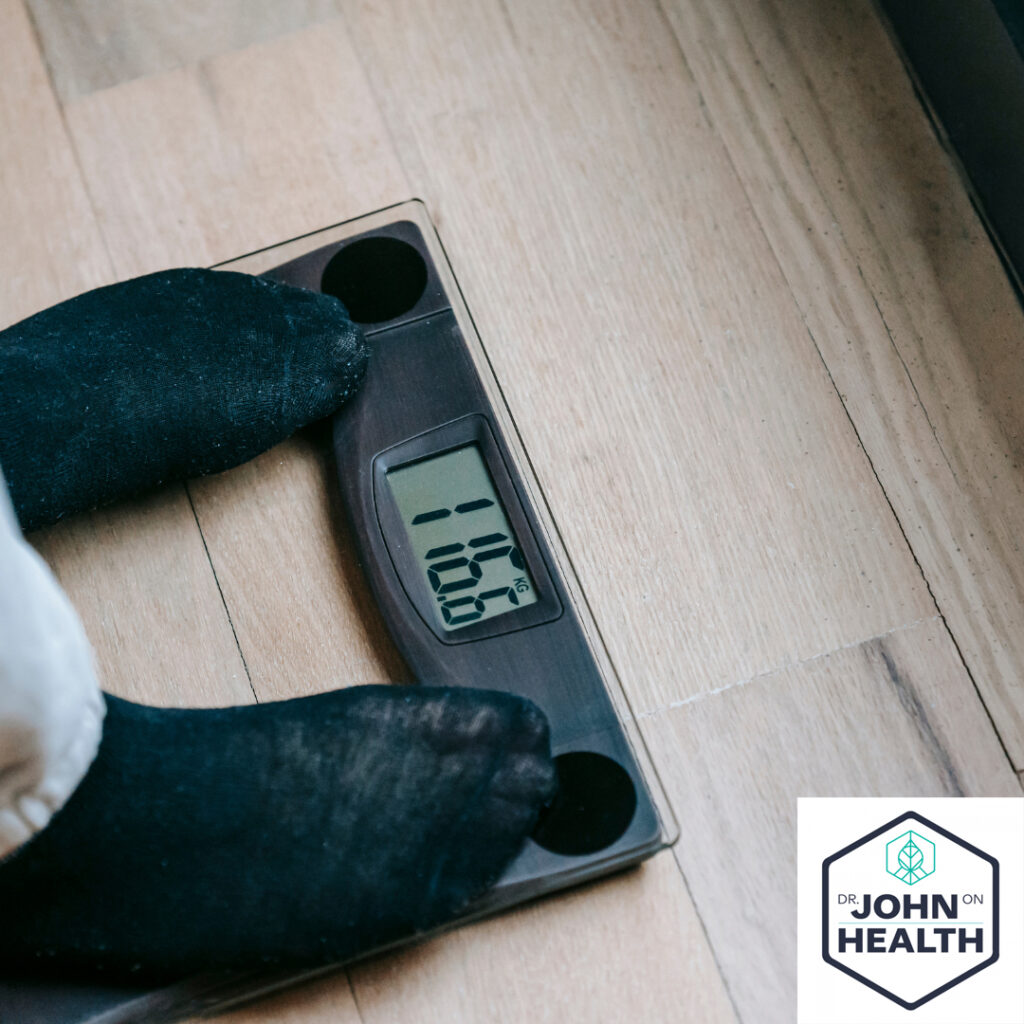
Consider the magnitude of effort needed to sustain the false concept of insulin resistance, given the absence of answers to a number of significant questions in the diagnosis and management of Type 2 diabetes. Let me cite these questions that demonstrate the lack of scientific logic in the insulin resistance theory. You are welcome to share this with your endocrinologist or diabetes educator if you have prediabetes or Type 2 diabetes.
- Insulin is just one of about 50 different hormones that control a number of functions including metabolism, reproduction, growth, mood, and sexual health. What is the reason for the body to become resistant only to insulin and no other hormone?
- Out of 200 different cell types in the body, only three are accused of non-responsiveness to insulin. Do different cells have an independent decision-making process when responding to insulin?
- What is the mechanism that each cell type uses to not respond to insulin’s signal?
- The “insulin-clamp test,” promoted as the gold standard proving the presence of insulin resistance, is based on interpretation of the data rather than actually measuring the degree of resistance. Why is there no test to obtain a direct measurement of the degree of insulin resistance?
- Most adults at the time of diagnosis of Type 2 diabetes do not show any weakness in muscle performance. This indicates continued cellular energy production, in spite of their supposed resistance to insulin and reduced entry of glucose. How do muscles continue to produce energy in needed quantities in spite of their inability to let glucose in?
- Liver cells, supposedly resistant to insulin signaling, continue to manufacture fat molecules, a function carried out in response to insulin signaling. What explains this contradiction?
- Fat cells, supposedly resistant to insulin signaling, continue to store fat, an action that requires the entry of glucose under the direction of insulin into the fat cell so that it can manufacture glycerol needed to reconstitute a new fat molecule. What is the mechanism by which fat cells produce glycerol molecules?
- It is unusual to prescribe the same medication to a person who is known to be resistant to it. What is therefore the rationale for why insulin is prescribed to a person who is supposedly insulin resistant?
- In most instances of medical management of an illness, a medication found not to achieve the desired benefit is replaced with another one. In the case of Type 2 diabetes, oral drugs such as metformin or sulfonylurea are continued along with the introduction of insulin or insulin secretagogues to control glucose levels. The explanation given is that this makes it possible to use less insulin to control insulin resistance. Where is the evidence to justify this common practice?
- Even when a diabetic’s blood glucose level, measured as A1c, is brought to acceptable levels using insulin-based treatments, many patients continue to suffer the complications of diabetes. Why?
- According to one study, the incidence of diabetic complications in long-standing diabetes is as follows: 60% of patients suffer nerve damage known as neuropathy, 50% of patients suffer kidney damage known as nephropathy, 25% of patients suffer eye damage known as retinopathy, and 2.5% of patients suffer diabetic foot damage leading to amputations. Instead of reevaluating the value of insulin resistance-based treatment, diabetologists intensify the same treatment. What is the rationale for this approach?
- These are critical questions that endocrinologists are ignoring to answer each time they prescribe insulin and other Type 2 diabetes medications to a patient in a blind acceptance of the theory of insulin resistance without proper scientific evidence. For patients, these questions represent missing information.
Prevalence of Chronic Complications, Their Risk Factors, and the Cardiovascular Risk Factors among Patients with Type 2 Diabetes Attending the Diabetic Clinic at a Tertiary Care Hospital in Sri Lanka. Journal of Diabetes Research, May 2018: M.H. Arambevela et al.

Diabetes: The Real Cause & The Right Cure.8 Steps to Reverse Your Diabetes in 8 Weeks
If you have been diagnosed with Type 2 Diabetes, this informative yet easy-to-use book will help you or a loved one reverse it in 8 weeks. My plan will also help you to remain diabetes free as you will take this on as a lifestyle. Make better choices and take ownership of your health today.
Now you can start making healthy steps while simply listening to the book!!!
Click on this image to get the audiobook




